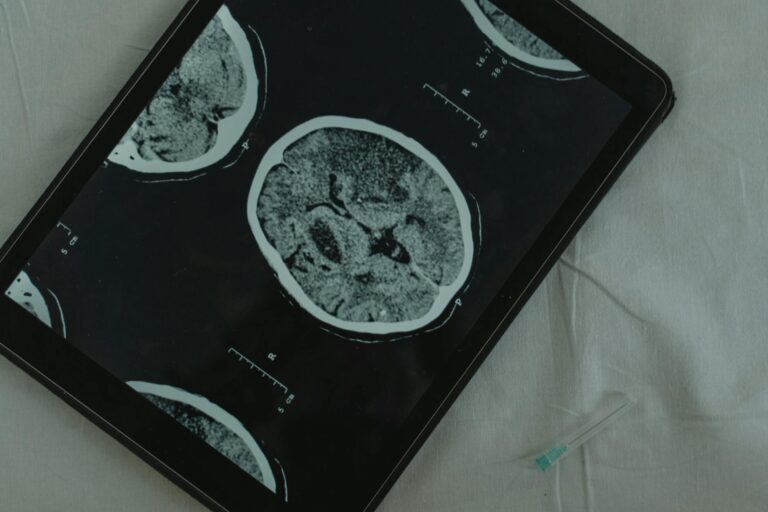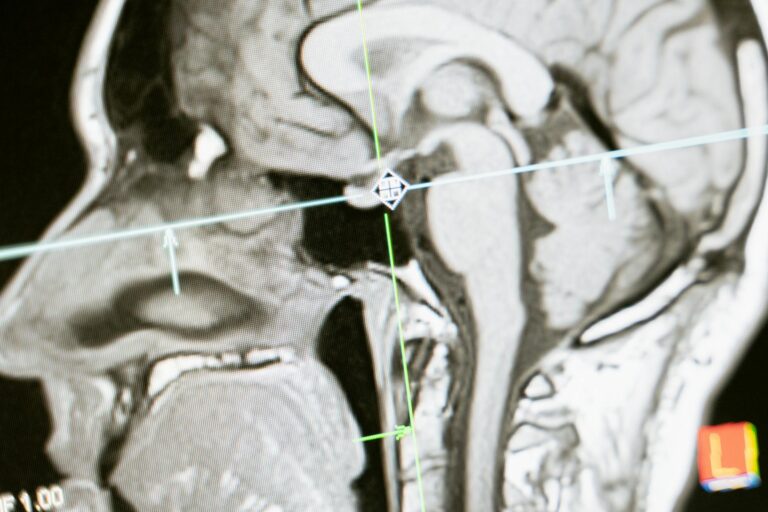In today’s world, we are well aware of the importance of protecting our personal information from being compromised. We take necessary precautions to secure our financial accounts, social media profiles, and other online platforms. However, there is one aspect of our personal information that often gets overlooked when it comes to security – our cognitive function.
Cognitive function refers to the mental processes that allow us to think, learn, remember, and make decisions. It is an integral part of our daily lives and plays a crucial role in our overall well-being. Just like our physical health, our cognitive health also needs regular check-ups and screenings to ensure that it is functioning at its best. Without proper maintenance, our cognitive function can be vulnerable to a data breach – a term used to describe the unauthorized access or exposure of personal information.
According to a recent study by the Global Council on Brain Health, over half of adults aged 50 and above have never had a cognitive assessment. This is a cause for concern as cognitive decline is a common occurrence in older adults and can be a precursor to dementia and other neurological disorders. In fact, it is estimated that by 2050, the number of people living with dementia will triple to 152 million globally.
So why is it important to get regular check-ups and screenings for cognitive function? Let’s delve deeper into the reasons:
1. Early Detection and Prevention: A regular check-up and screening for cognitive function can detect any signs of decline at an early stage. This allows for timely intervention and treatment to prevent further deterioration. Just like how we go for routine physical exams to detect any underlying health issues, a cognitive assessment can spot any red flags and prevent them from progressing into more serious conditions.
2. Personalized Care: Each individual’s cognitive function is unique, and regular check-ups can help identify specific areas that may need attention. Based on the results, personalized care plans can be developed to maintain or improve cognitive function. This can include lifestyle changes, brain exercises, medication, and therapy, if needed.
3. Peace of Mind: As we age, it is natural for us to experience some changes in our cognitive abilities. However, if these changes start to interfere with our daily lives, it can cause a lot of stress and anxiety. Regular check-ups and screenings can provide peace of mind by either reassuring that everything is normal or by identifying the cause of the decline and providing necessary support.
4. Improved Quality of Life: Our cognitive function directly affects our ability to perform daily activities, make decisions, and engage in social interactions. By keeping track of our cognitive health through regular assessments, we can take necessary measures to maintain or improve it. This can lead to a better quality of life, even as we age.
5. Lower Risk of Data Breach: One of the main concerns when it comes to cognitive function is the risk of a data breach. With the rise of technology and online platforms, our personal information is more vulnerable than ever. A compromised cognitive function can make us more susceptible to falling for scams or sharing sensitive information unintentionally. By regularly monitoring our cognitive health, we can reduce the chances of becoming a victim of a data breach.
In conclusion, just like how we take measures to protect our physical and financial health, it is equally important to prioritize our cognitive health. Getting regular check-ups and screenings for cognitive function can not only help detect any issues at an early stage but also provide personalized care plans to maintain or improve cognitive abilities. So let’s make it a part of our routine and ensure our cognitive health is secure from any potential data breaches.





